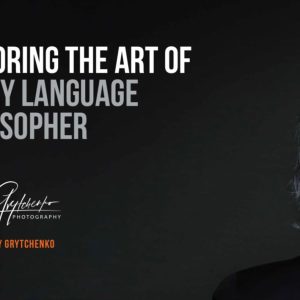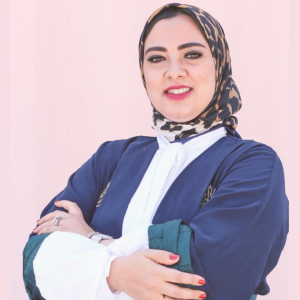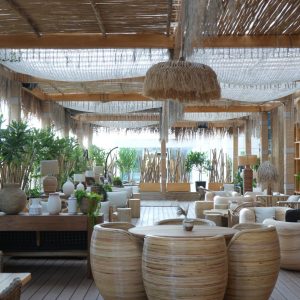Sharjah District and Village Affairs Department is bridging the void between the Ruler and his residents.
Introduction
Before the formation of the United Arab Emirates (UAE), resolving disputes often involved individuals presenting their cases to the leaders of their tribes.
These tribal gatherings took place in a traditional setting known as the “majlis,” where not only disputes were discussed, but also daily issues and social interactions were nurtured.
While the UAE has transformed into a modern, rapidly developing nation, these age-old customs continue to hold significance.
The Traditional Approach
Prior to the establishment of the UAE, tribal leaders in the region played a pivotal role in mediating and settling disputes.
This traditional practice often involved the gathering of tribes in a “majlis,” where disputes were heard, and resolutions were reached through dialogue and consensus.
These gatherings were not only about conflict resolution but also fostered social cohesion and networking among different tribal communities.
The UAE’s Contemporary Growth
The UAE has become a symbol of modernity and rapid development on the global stage. The country’s growth is renowned for its speed and forward-thinking approach.
While this transformation has been remarkable, the traditions and values of the past still hold a unique place in Emirati society.
Sheikh Dr. Sultan’s Initiative
In 1999, Sheikh Dr. Sultan bin Muhammad Al Qasimi, the Ruler of Sharjah, recognized the enduring importance of traditional values in Emirati society.
As a testament to this, he ordered the establishment of a department for District and Village Affairs, which aimed to further connect with and serve the local communities and uphold these cherished traditions.
Conclusion
The United Arab Emirates, with its remarkable journey of modernization and development, remains rooted in its rich cultural heritage.
The blending of tradition and modernity is a testament to the country’s ability to honor its past while forging ahead into a promising future.
The “majlis” and traditional methods of conflict resolution continue to play a valuable role, emphasizing the significance of preserving heritage in a rapidly changing world.










